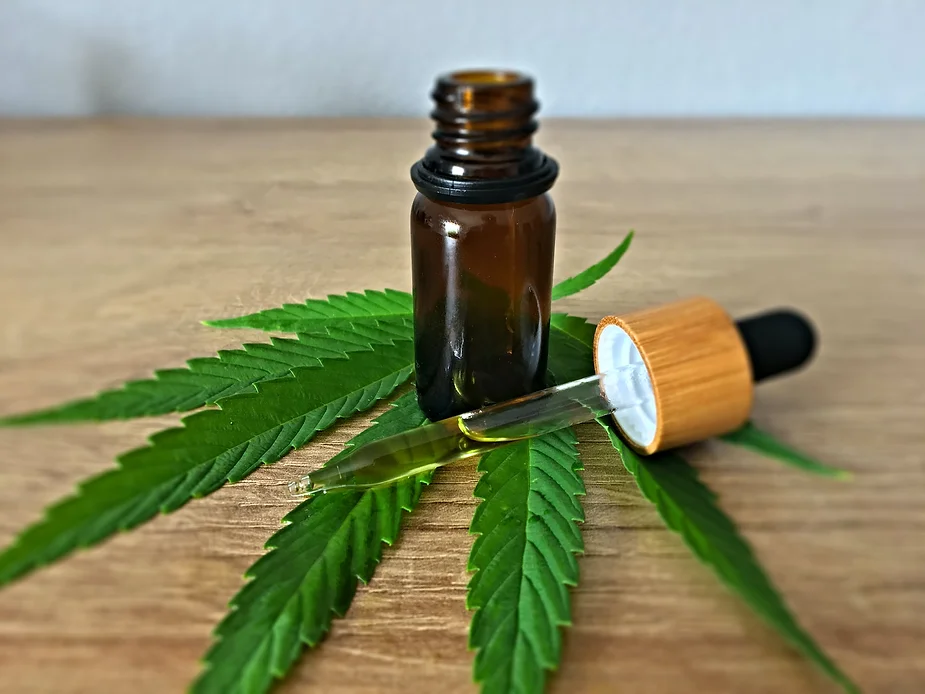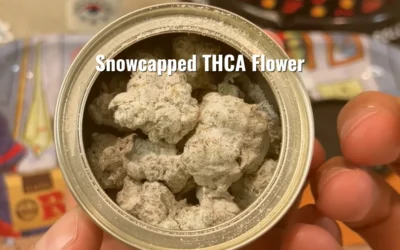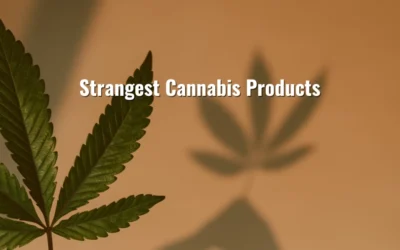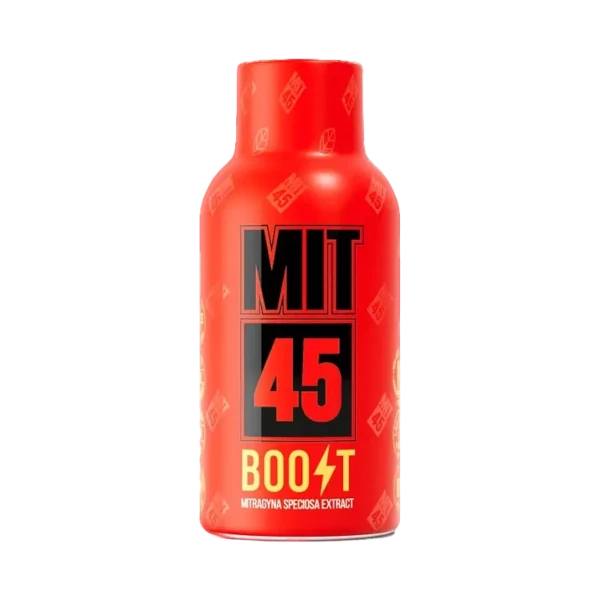
Many States have taken great strides down the road to decriminalizing harmless (and even beneficial) substances as science demonstrates nature is safer than some politicians had us think it was.
However, that does not mean that everything people say to defend the use of products such as CBD oil is true. On the contrary, many of the claims made in favor of cannabinoids are patently false and end up hurting the cause by undermining the credibility of serious scientific studies and sincere efforts to raise awareness of their use.
So, today we’re going to go through some of the myths surrounding the use of CBD oil and hopefully dispel some of the mystery around this growingly popular compound.
Myth 1 CBD Is A Miraculous Panacea
You must have heard some version of this claim. Many unscrupulous retailers, formulators, and fans claim that their CBD-based product can cure almost any disease and do away with all kinds of pains and ailments.
While we can sing praises to CBD oil for its many benefits, exaggerating its effects and range by uttering unscientific claims is the best way to make authorities reluctant to show leniency towards its use.
Misinformation about CBD oil is our worst enemy. It drives away serious research as reputed scientists and centers are not interested in lending their names to causes deemed “miraculous.” Moreover, consumers have begun to not listen when products are too good to be true. They want facts, figures, stats, and will generally trust products that have the approval of health authorities and are backed up by science.
Fortunately, many studies have revealed the potential of CBD and its uses for various conditions, including but not limited to pain management, anxiety relief, easing diabetic complications, neurological protection, and more. This means that science is on our side when it comes to dispelling this harmful myth.
Myth 2 CBD Oil Makes You High
This is a perfect example of a composite fallacy. CBD oil comes from hemp, but also does THC (the psychoactive substance that gets you high). Ergo, CBD oil has the same effect.
Well, we can also say that almonds contain cyanide, which is poisonous, yet nobody will categorize almond milk as a dangerous substance.
CBD oil interacts with your endocannabinoid system in a different way than THC. It is theoretically impossible to get high with pure CBD oil. However, since CBD oil and THC come from the same source, tiny traces of the psychoactive can be found in most products.
However, it does not mean the myth is true. FDA regulations demand that CBD oil products contain no more than 0,3% THC in them, which is not enough to trigger any psychoactive effects (although everyone is different).
It is important to note that regular use has been shown to improve mood, but this effect is due to a very distinct interaction with our endocannabinoid system that has little to do with THC, but rather the receptors it is interacting with.
In our state, the allowed THC concentration mirrors the United State’s FDA guidelines. . All of our products are FDA approved and fully disclose their THC content for transparency.
Myth 3 CBD Oil Is a Con
This one is also widespread. Someone buys a small bottle or chews a single CBD gummy and then dares to write an extensive review telling their audiences how they didn’t feel any different. Their conclusion? CBD oil manufacturers are modern snake oil salesmen.
This is myth 1 in reverse. As you can see, detractors cannot make up their minds. For them, CBD is either completely useless or a danger to society. Which is it?
The endocannabinoid system in our bodies serves as a regulator for many of our bodily functions. In other words, it helps other systems to communicate better among themselves. What CBD oil does is address those communication channels.
If your endocannabinoid system functions perfectly, you most likely will not notice a change when you take CBD oil. It is like taking ibuprofen when you don’t feel any pain, then saying that ibuprofen doesn’t do anything because you don’t feel a difference.
Additionally, CBD must be regularly taken to bring what we call homeostatic balance. A single CBD gummy will not do much in isolation, so we can’t trust comments from people who say they once took a single dose three months ago.
To compound the issues with this myth further, CBD will interact with other medications or treatments that a consumer may be utilizing in their time of need. Beta-blockers and other medications a consumer may be taking could nullify the effects of CBD or make any results unnoticeable by anecdotal methods.
This brings us to our fourth myth:
Myth 4 Pure CBD Oil Is Better
A few products out there claim to be lab-tested, pure CBD oil with 0% THC content. These are called CBD isolates, and many virtue-signaling newbies will tell you that they will only take THC-free CBD oil.
Well, sorry to burst that bubble. In this industry, there is no such thing as THC-free CBD oil. There is a reason the FDA puts a 0.3% THC limit on CBD products. It’s almost impossible to completely isolate CBD compounds in a way that is commercially viable.
Moreover, CBD works best when combined with other compounds found in hemp. This is called the “entourage” or “ensemble” effect. Think of it as an instrument in an orchestra. If you want to listen to the full symphony, you can’t just isolate the string section.
A <0.3% THC saturation provides the desired synergy between compounds while keeping things kosher for those who want to respect legal boundaries.
I hope I was able to dispel some of the most common myths that surround the use of this amazing compound. If you have any questions about the use of CBD or would like to know more about our products, do not hesitate to contact our team.



